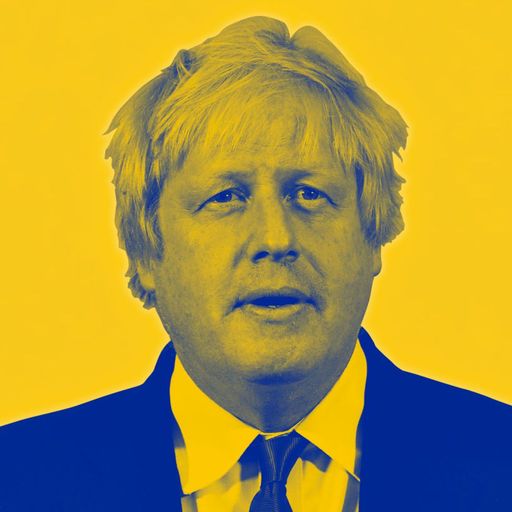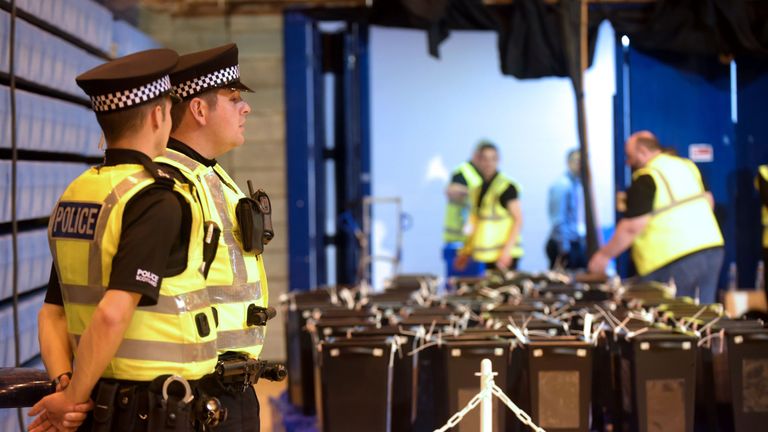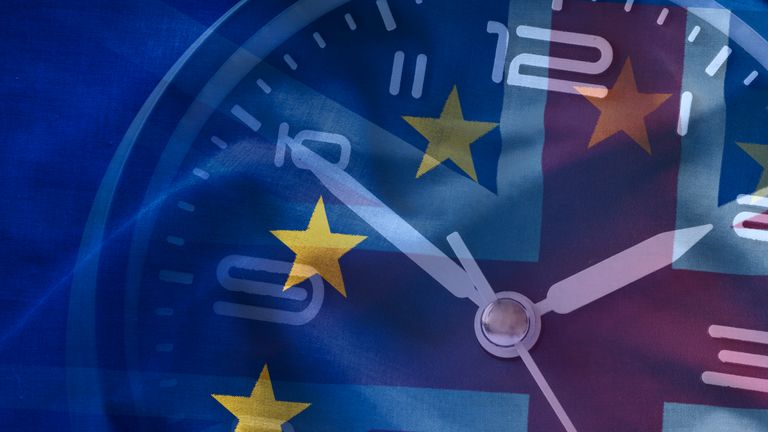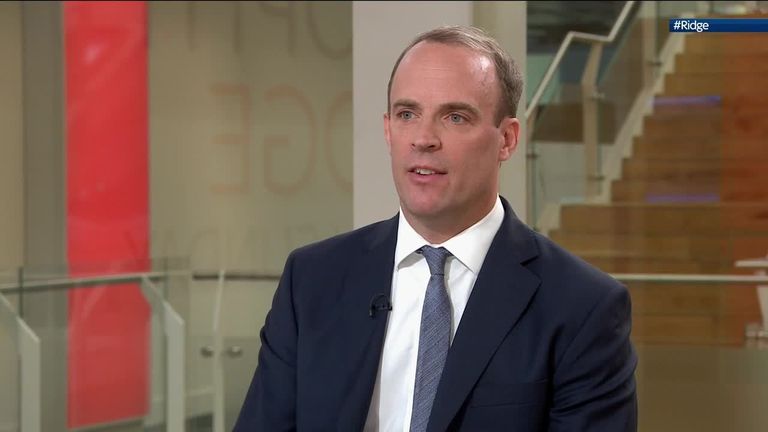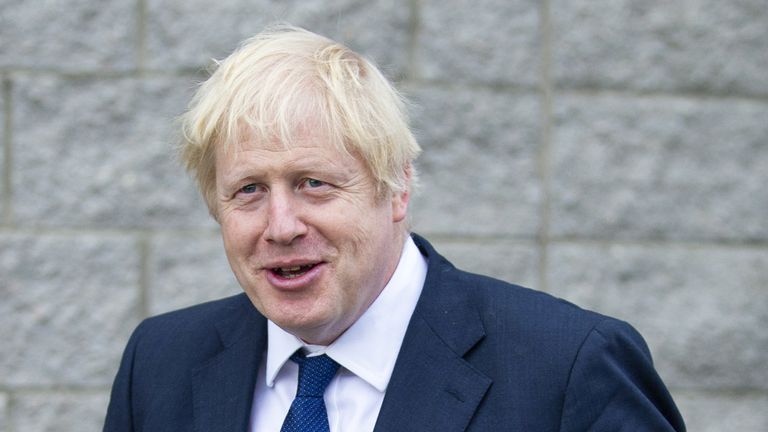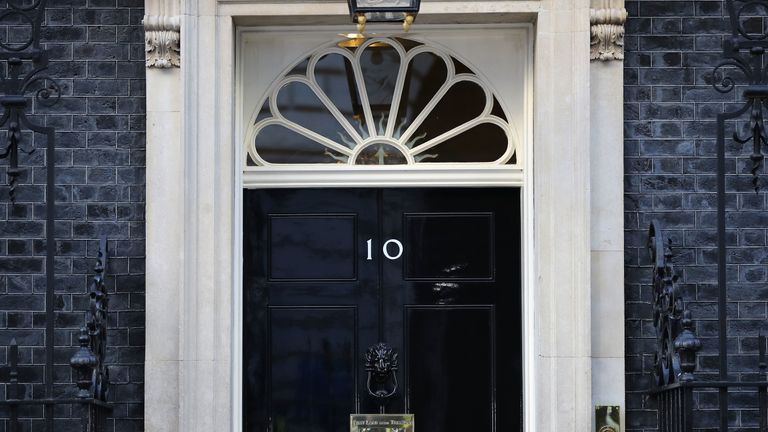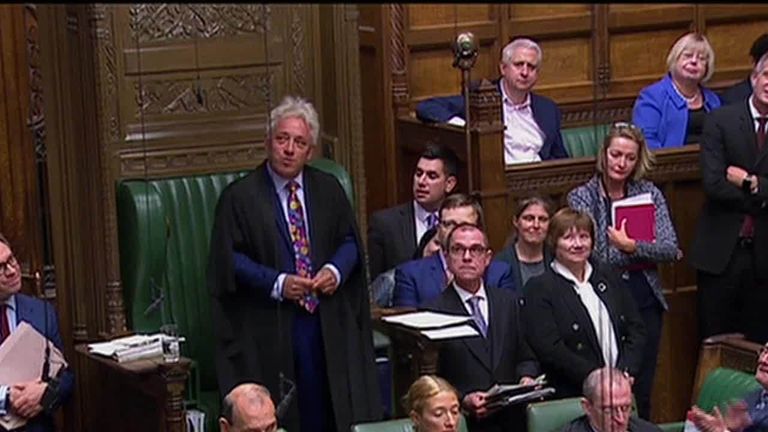Brexit crisis: What happens next, and why it matters
Read our straight-forward round up of what Boris Johnson and his opponents' options are in the countdown to Brexit.
Tuesday 10 September 2019 09:01, UK
Boris Johnson has racked up a new record by losing yet another major vote in parliament, over a bid to call an early election.
So with the threat of a snap poll now some way off, what's going to happen next?
We'll take you through what's likely and why it matters to you.
So… is the election completely off now?
For now, yes.
Because parliament has been suspended and is not returning until mid-October, there isn't any chance of an election in the next month or so.
The earliest date it could now be - assuming convention is followed and it is held on a Thursday - is 21 November.
Opposition parties have been blocking the prime minister from calling an election because they want to be sure their efforts to delay the Brexit deadline to avoid no-deal actually pay off.
When we find out if they definitely have on 19 October, then they will almost certainly back a poll soon after that.
Does that mean Brexit is definitely on?
In principle, yes. The Brexit date remains 31 October and Mr Johnson says he won't ask to change it.
But in practice the government hasn't actually said how it plans to get around the law forcing him to ask Brussels to delay Brexit if he hasn't succeeded in getting a new deal.
So this question still hangs in the balance.
Will he have to break the law to force no-deal?
Well the government says very clearly it will never break the law.
But it is planning to "test" it to its limit and see if can find any wiggle room that means not trying to delay Brexit again.
If it all comes down to a matter of interpretation, this will probably end up in the courts.
Is there any other way his opponents could stop Boris Johnson?
It sounds drastic but Plaid Cymru are considering trying to impeach him.
The arcane procedure has not been used since the 1800s and would see MPs vote on a motion which could lead to prosecution and trial within parliament.
Plaid Cymru are using Mr Johnson's support for the mechanism back in 2004 to defend using it to hold him to the law.
Does suspending parliament make any difference?
Probably. The government says MPs are actually only losing a few days because parliament usually breaks up for three weeks anyway this time of year.
That's for party conference season - an annual event held by all the parties where they decamp from Westminster to another city to convene thousands of members to discuss policy.
But it's quite likely MPs would have voted against this normal suspension of parliament, whereas they get no say over Mr Johnson's use of it in this case to have a new Queen's Speech.
Whether they would have found a useful way to spend the time actually changing anything on Brexit is another question.
So what options does that leave the PM with?
Bluntly, there's one big option people in Westminster are talking about.
Theoretically, Mr Johnson could resign as prime minister and let Jeremy Corbyn take over so he has to ask for the Brexit delay - and incur all the political wrath from Brexiteers who want no-deal.
Some Tories have dismissed this suggestion in pretty frank terms, mostly involving swear words.
But it is one crazy option on the helter-skelter journey of Brexit that has been mooted.
There's also a slim chance that Mr Johnson is handed a massive gift by the EU and they refuse to delay Brexit again.
While that could incur the food, fuel and medicines shortages a recent cross-government report warned of, politically it would mean Mr Johnson can stick to his word and deliver Brexit "do or die".
And what about the speaker resigning? Will that change anything?
His departure on 31 October will certainly mix things up in the Commons.
At this stage it's too early to see which contenders to replace John Bercow will succeed and how that will shape things.
But resigning on Brexit day means it is this crop of MPs who will decide who should take over as speaker - not a bunch of newbies after an election who are more likely to do what they're told by senior government figures.
That means the current Commons - averse to no-deal and keen to keep backbenchers powerful - could elect someone who promises to continue in line what Mr Bercow was doing.

